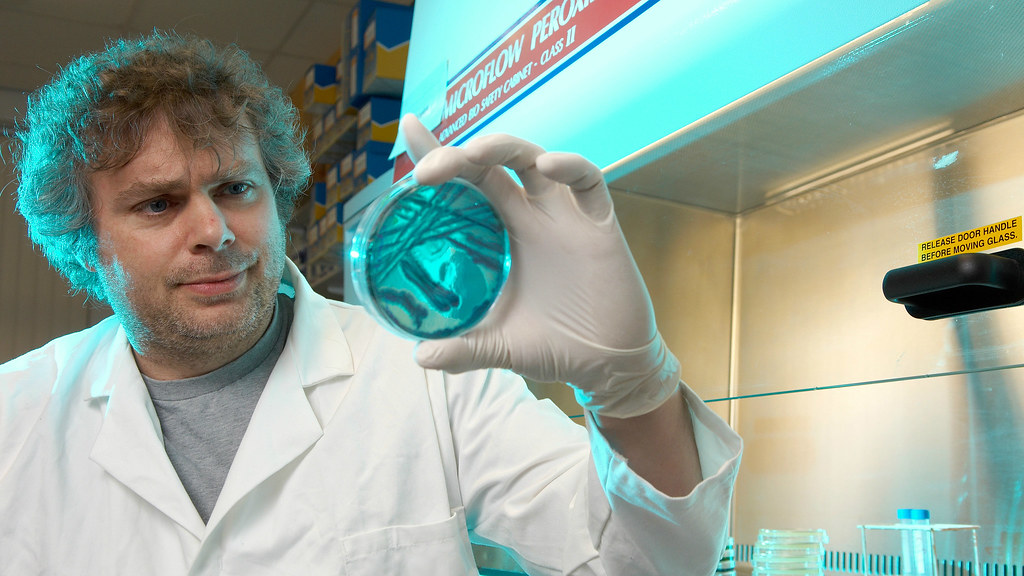Dr Edward Feil, a Reader in Microbial Evolution, has been awarded a Scientific Medal by the Zoological Society of London for his dedication to the field of zoological research.
Dr Feil, from the Department of Biology & Biochemistry, received the award at a ceremony on 21 June in Regent’s Park, London.
The Zoological Society of London awards recognise outstanding achievements in the field of zoological research and conservation.
The Scientific Medal is awarded to zoologists with no more than 15 years postdoctoral experience, in recognition of their individual scientific merit.
Dr Feil said: “Receiving this award is an honour and I am extremely pleased that the research I have conducted throughout my ten years at the University has been recognised.
“A major component of my research is trying to understand how pathogenic bacteria spread, both from person to person and on large scales, such as between continents.
The dedication of Dr Edward Feil to zoological research has been recognised with a Scientific Medal from the Zoological Society of London.
“I am also interested in answering questions concerning the processes underpinning the evolution of pathogenic bacteria over very short timescales, and how different strains are distributed in space and time. A primary aim is to understand how and why new dangerous strains may arise or suddenly disappear.”
Dr Feil is currently working on two very topical research projects, one looking at the transmission and evolution of MRSA, and another looking at the much-publicised bacterial pathogen effecting honey bees.
He is also working on research looking at Bovine TB, and on a project investigating the evolution and spread of Lyme disease.
Head of Department Dr Richard Hooley said: “The award is richly-deserved recognition of the outstanding achievements Ed has made, and of the excellence of the research in which he is involved.
“Ed is highly regarded in this field of zoological research and has played a leading role in a number of important research projects that impact on understanding of health and disease during his 10 years at the University. His colleagues within the department and the wider University community wish to congratulate him on this recognition of his research success.”

